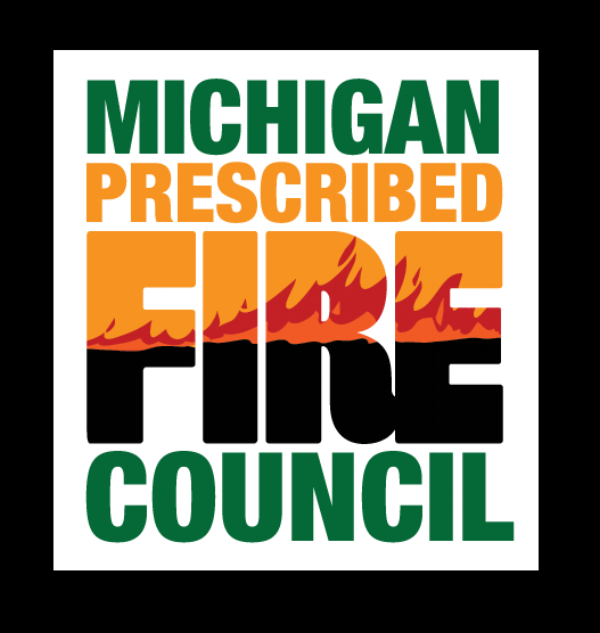Now, more than ever, it seems like politics is at the forefront of our society. Decisions are made every day that affect millions of people, and the only thing we can do to affect those decisions is vote for people who will decide to push for the things that we want. Now that I’m done soap-boxing, I think it’s been especially interesting to see how the political climate can affect the way environmental work gets done. There’s a surfeit of willing, dedicated people who would gladly spend every waking moment of their lives working to protect our planet. The problem is letting them do that while making enough money to have their basic needs met. This is the issue: getting politicians to value environmental work enough to budget for it. There have been a few moments in Michigan where it truly felt like our politicians listened to the needs of those doing environmental work in the state, and I’d like to review some of those moments. Hopefully, in doing so, we can remember that there can exist a robust and beneficial link between the government and those doing work on the ground, and that that link must be strong in order for real change to happen.
Michigan has had a turbulent relationship with fire. In the 80s, prescribed fire was being used throughout the state, including in the Huron-Manistee National Forest in upper lower Michigan. On May 5th, 1980, firefighters were conducting a prescribed burn, the Crane Lake prescribed burn (later called the Mack Lake fire), but due to some confounding factors, the burn began later than expected. This led to increased winds, which led to spot fires. These fires became more frequent until one jumped Highway M-33, which was being used as a major firebreak. This resulted in a difficult situation involving a 6x6 engine and a tractor-plow, which led the tractor-plow to become trapped, resulting in a firefighter fatality. 44 homes and buildings were destroyed as a result of the escaped burn, which created an obvious negative shift in public perception of fire. Luckily, lessons were learned, and the Mack Lake Fire led to a new emphasis on fire behavior among the Great Lakes ecological research community. It also led to the first national level review of prescribed fire policy, which set the scene for future legislation to be passed and implemented.
After the Mack Lake fire, Michigan was concerned about the potential for more frightening burns, more fear from the public, and therefore poor public perfection of fire, and the government promoting it’s use. After many years, House Bill 4002 was introduced in January of 1995. The goal of HB 4002 was to introduce regulations regarding the implementation of prescribed fire, particularly calling for public hearings to take place in any county where burning would occur, prior to the burn. It also established regulations for buffer zones around burn sites, and required public notice to be given before burns. HB 4049, introduced in 1997, expanded on these initial regulations, requiring public hearings only for burns greater than 40 acres, and gave more specific criteria for buffer zones and burn permissions. Senate Bill 981, passed in 1998, provided requirements for reaching out to local fire departments prior to a burn. SB 925, passed in 2004, is the most recent large-scale piece of fire legislation to pass in Michigan, and gave a more complete list of requirements for organizing and carrying out a burn.
The MPFC has actually been involved in the writing and implementing of more than one of these bills, and we count ourselves very lucky to have the capacity to positively influence the legislation passed in our state. Moving forward, it’ll be important for fire organizations to work as hard as they can to ask for the change they wish to see. More often than not, the government won’t understand the need for pieces of legislation like those I’ve mentioned in this post. But as we continue to vote in more environmentally-minded senators and representatives, we’ll need to be prepared to ask them for what we’d like to see. Now is the time to begin brainstorming about the kinds of laws you’d like to see passed! It’s always better to be over rather than under-prepared. When the political climate is right, we’ll be ready to take full advantage of it.







